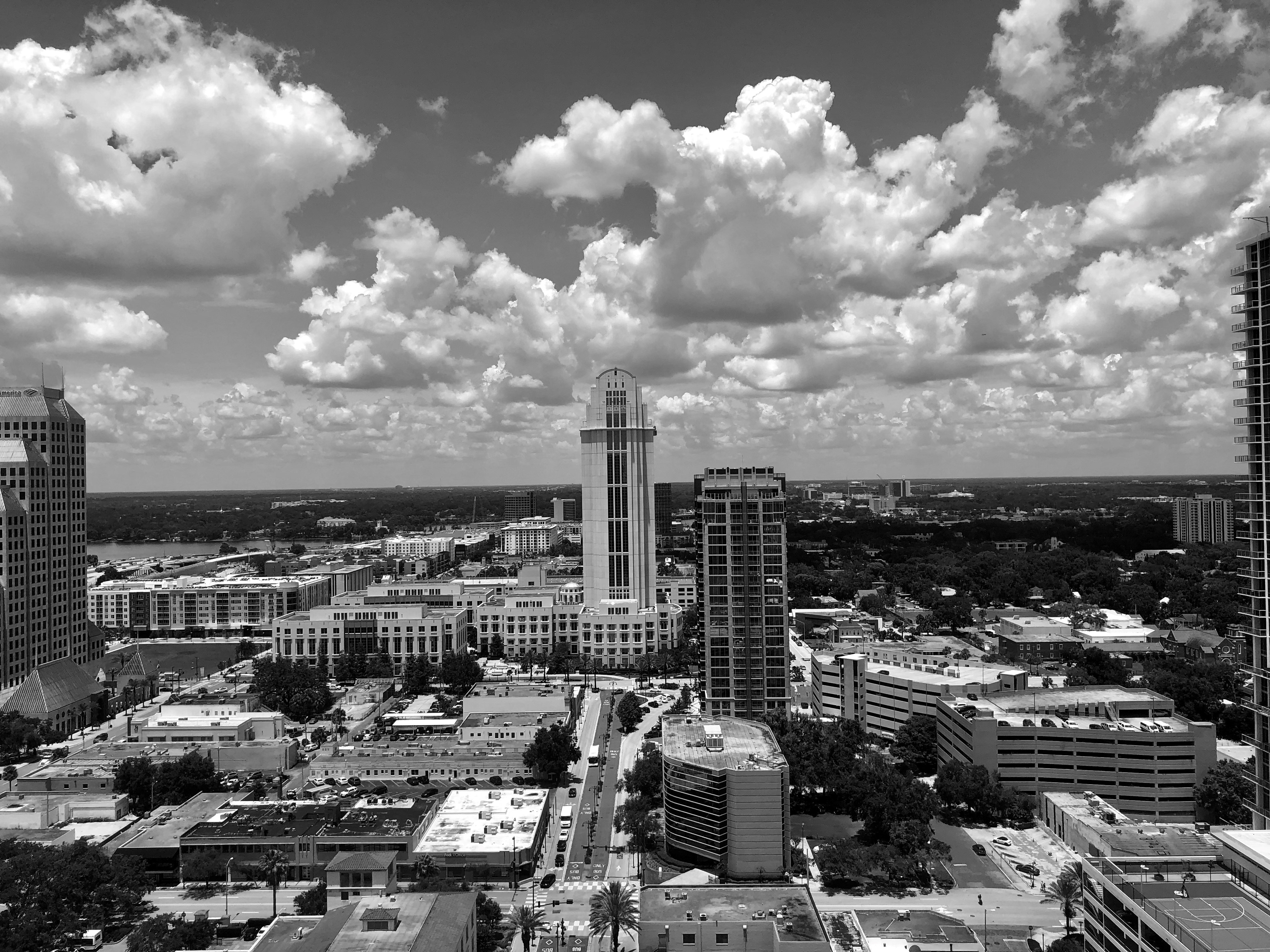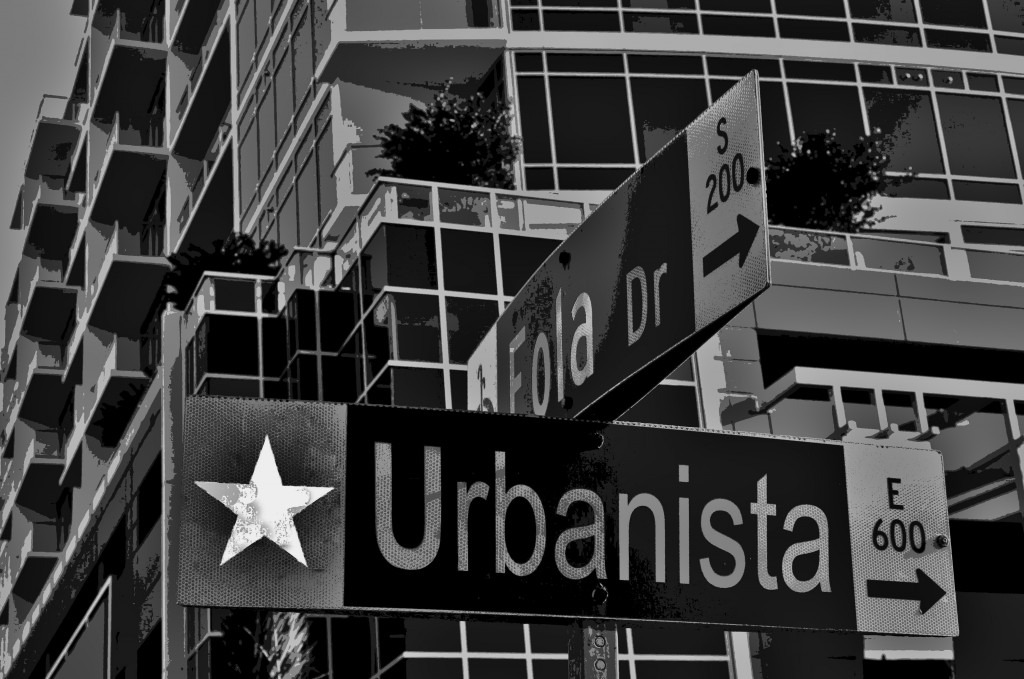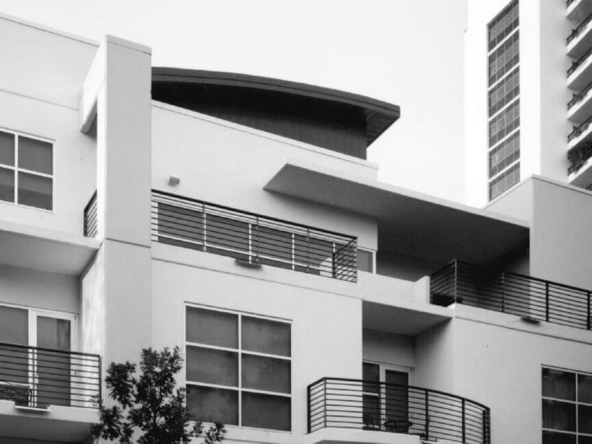Q. I am planning on buying a condominium and I can afford to pay as much as half of it with cash. But with mortgage rates going up nearly every week, should I get the largest loan that I can qualify for now? I know I won’t be able to borrow at these relatively low rates much longer.
A. There are two schools of thought on borrowing.
One says that you should use as much “OPM”—other people’s money—as you can in a purchase, since it frees up your own cash for other investments.
This camp especially encourages you to leverage your primary residence, since you get a tax deduction for mortgage interest paid. But your savings over time will depend on your income level and whether or not you itemize.
I think this strategy of taking out a bigger loan only makes sense if you have enough financial discipline to save the cash you’d otherwise spend on housing, and can find alternative investments that reliably give you better returns than you’d spend on mortgage interest, factoring in the tax break.
Most people don’t have this sort of discipline and good luck with their investments.
So I agree with San Ramon, Calif., certified financial planner Kirk Dobson, who says that the advice he gives all of his clients is to “live below their means and keep untouchable cash reserves.”
These reserves should be enough to cover at least six months of living expenses, plus a few thousand extra to cover the unexpected curveballs that life throws at everyone, like the news that your air conditioner is failing or your daughter needs braces.
Mr. Dobson says that you should look for a loan that you can afford comfortably after you’ve socked away these reserves—not the maximum loan that you get.
Should your home rise in value, he suggests that you refrain from tapping the equity to buy big-ticket luxury items like cars, vacations and boats.
I concur. If you must tap into your home’s equity, use it to pay for needed repairs or upgrades to your home or, in a pinch, to pay for an emergency like a big medical bill. Save for your children’s college education and other anticipated expenses separately.
Never forget that whatever indebtedness you put on your home jeopardizes your entire investment, as well as the roof over your head, should you suddenly lose your ability to make your monthly payments.
You are smart to try to lock into low rates now. Over the life of a loan, a seemingly small difference in monthly payments can add up. For instance, a $100,000 fixed-rate 30-year loan at 4.55% will cost you about $510 a month. At 4.75%, you’ll pay about $522. Over the life of the loan, that difference adds up to roughly $4,316 extra.
Ultimately, he and I agree that you should look at your home primarily as a place to live, not as an investment. As the recession proved, there’s no guarantee that the housing market will always go up, though it generally does.
“If the market dips, and you go under, live with it,” Mr. Dobson says. “Long term, you should be fine.”




